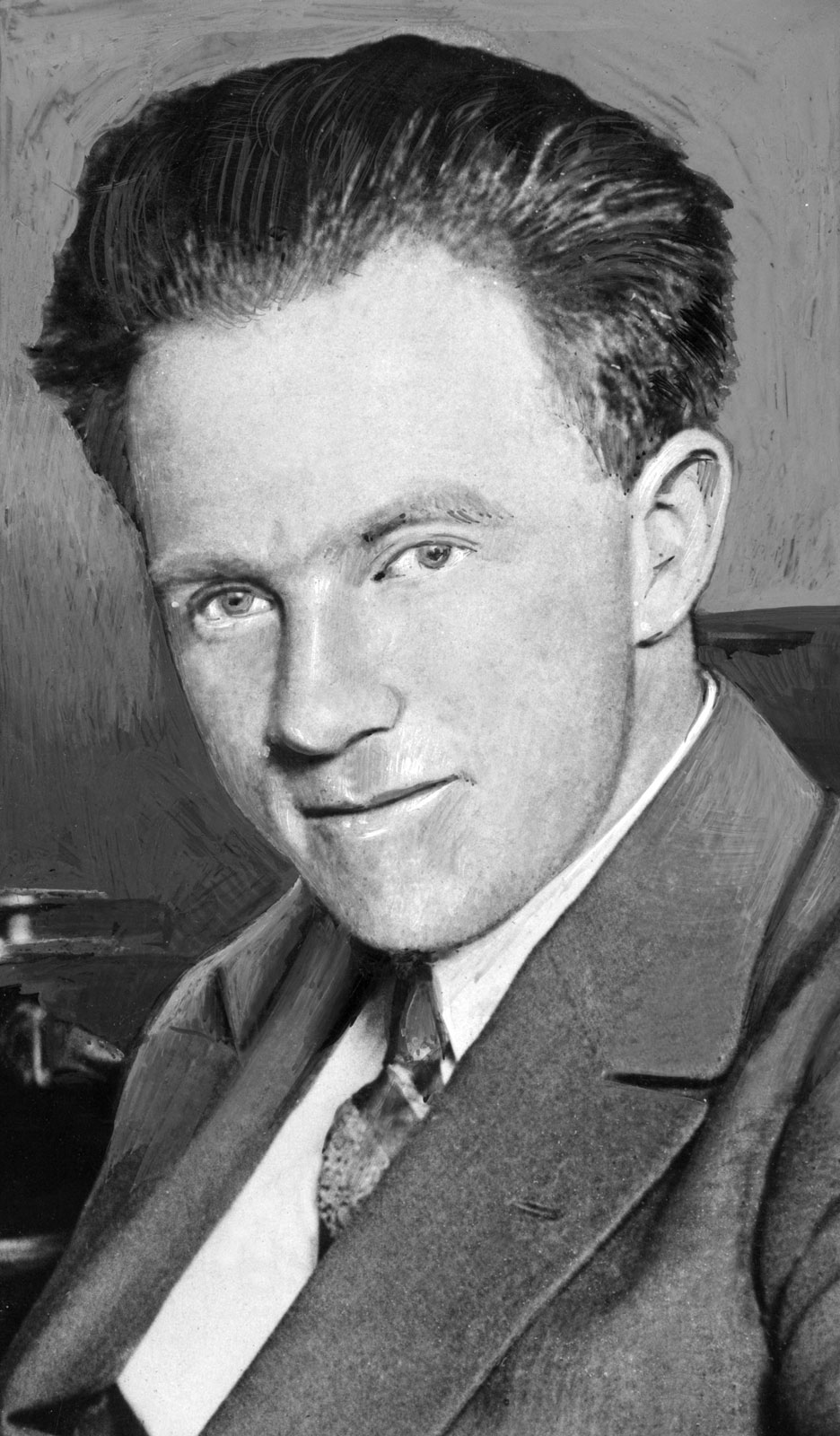Karl Heisenberg was a pivotal figure in the development of quantum mechanics, a field that has reshaped our understanding of the physical world. His work laid the foundation for modern physics, influencing not only theoretical research but also practical applications in various technologies. In this article, we will delve into Heisenberg's life, his groundbreaking contributions to physics, and the implications of his work on science and society.
This article aims to provide a comprehensive overview of Karl Heisenberg's contributions to science, his personal life, and the lasting impact of his work on modern physics. We will explore his early years, significant discoveries, and how his principles apply to contemporary scientific discussions. With a focus on expertise, authority, and trustworthiness, this article will serve as a valuable resource for anyone interested in understanding the complexities of quantum mechanics.
Table of Contents
- Biography of Karl Heisenberg
- Early Years and Education
- The Uncertainty Principle
- Nobel Prize in Physics
- Impact on Physics and Technology
- Heisenberg's Legacy
- Conclusion
Biography of Karl Heisenberg
Karl Heisenberg was born into a family of educators. His father, a high school teacher, and his mother, a pianist, fostered a nurturing environment that encouraged intellectual curiosity. Heisenberg's early exposure to academia set the stage for his future achievements in the field of physics.
Read also:Exploring The Enigmatic World Of Flitwick A Comprehensive Guide To The Magical Character In Harry Potter
| Personal Data | Details |
|---|---|
| Name | Karl Heisenberg |
| Date of Birth | December 5, 1901 |
| Place of Birth | Würzburg, Germany |
| Date of Death | February 1, 1976 |
| Field | Physics |
| Awards | Nobel Prize in Physics (1932) |
Early Years and Education
Heisenberg's academic career began at the University of Munich, where he studied under renowned physicists such as Arnold Sommerfeld. His early work focused on quantum theory, and he quickly gained a reputation for his innovative thinking and analytical skills.
Key Influences
During his studies, Heisenberg was heavily influenced by the works of Max Planck and Albert Einstein. Their revolutionary ideas about quantization and relativity inspired him to explore the fundamental principles of physics.
The Uncertainty Principle
One of Heisenberg's most significant contributions to physics is the Uncertainty Principle, formulated in 1927. This principle states that it is impossible to simultaneously know both the position and momentum of a particle with absolute certainty. This groundbreaking idea challenged classical mechanics and introduced a new paradigm in understanding the behavior of subatomic particles.
Implications of the Uncertainty Principle
- Fundamental limit on measurement in quantum mechanics.
- Influence on the philosophy of science, particularly regarding determinism vs. probabilism.
- Applications in various fields such as quantum computing and cryptography.
Nobel Prize in Physics
In 1932, Heisenberg was awarded the Nobel Prize in Physics for the creation of quantum mechanics, particularly for his contributions to understanding the quantum theory of atoms. This recognition solidified his status as one of the leading physicists of his time.
Impact on Physics and Technology
Heisenberg's work has had profound implications for both theoretical and experimental physics. His contributions laid the groundwork for advancements in various scientific fields, including:
- Quantum mechanics: Revolutionized our understanding of atomic and subatomic processes.
- Nuclear physics: His principles helped in the development of nuclear energy and technology.
- Quantum computing: Foundations of quantum information theory were influenced by his work.
Heisenberg's Legacy
Karl Heisenberg's legacy extends beyond his scientific achievements. His ideas continue to shape our understanding of the universe and inspire future generations of physicists. His work emphasizes the importance of questioning established norms and encourages a deeper exploration of the unknown.
Read also:Kim Erome
Conclusion
In conclusion, Karl Heisenberg was a transformative figure in the world of physics whose contributions have left an indelible mark on scientific discourse. His Uncertainty Principle and other groundbreaking theories have fundamentally altered our understanding of reality. We encourage readers to explore more about Heisenberg and his work, share their thoughts in the comments, and delve into related articles on quantum mechanics and its applications.
Thank you for reading! We hope to see you again for more insightful articles on the fascinating world of science.
Article Recommendations


